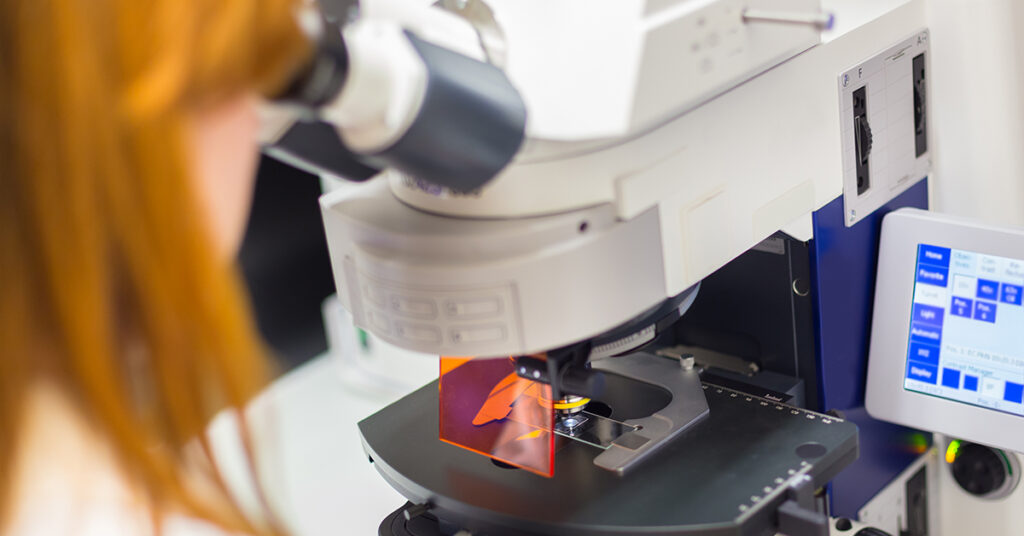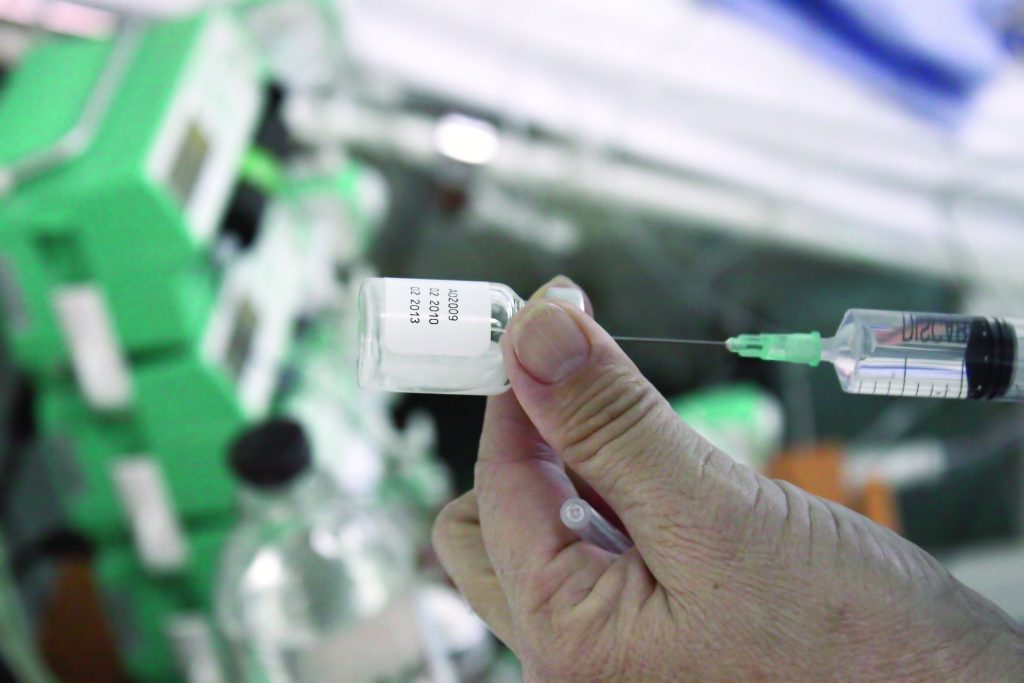- Forschungsspektrum
- Translationale Forschung
- Transversale Translationale Medizin (TTM)
- Operationszentrum für Translationale Medizin (TMOH)
- Büro für Klinisches Projektmanagement (CPMO)
- Zentrum für Klinische und Epidemiologische Untersuchungen (CIEC)
- Luxemburger Zentrum für Klinische und Translationale Forschung (LCTR)
- Integrierte Biobank von Luxemburg (IBBL)
- Disease Modeling & Screening Platform (DMSP)
- Luxgen Genom Zentrum
- Plattform für Forschungspathologie (RPP)
- Forschungsprojekte und klinische Studien
- Unterstützen Sie uns
- Translationale Forschung
News
Testing asymptomatic individuals to assess COVID-19 spread in Luxembourg – The “CON-VINCE” study kicks off
Bitte beachten Sie, dass dieser Artikel derzeit nur auf Englisch verfügbar ist. Eine Übersetzung ins Deutsche wird in Kürze verfügbar sein.
The Research Luxembourg COVID-19 task force announces the launch of “CON-VINCE ”, a study that aims to evaluate the dynamics of the spread of the COVID-19 disease within the Luxembourgish population. The project is one of the several initiatives put in place under the aegis of the task force to help contain the current pandemic. It will test about 1,500 people for the presence of the SARS-CoV-2 virus and follow-up only the asymptomatic and mildly symptomatic individuals. This will generate accurate data on the transmission of the disease, ultimately assisting policy-makers in taking evidence-based decisions over the course of the coming weeks.
10 April 2020
5minuten

Asymptomatic individuals – often referred to as “silent carriers” – and mildly symptomatic carriers play a significant role in the spread of the virus. However, they currently remain largely unassessed, since diagnostic testing is performed predominantly on people with clear COVID-19 symptoms. In order to put in place effective measures to stave off the COVID-19 infection, it is crucial to systematically test a representative sample of the population in order to identify all individuals carrying the SARS-CoV-2 virus, regardless of their symptoms.
In this context, “CON-VINCE” has been launched today with the aim of testing a panel[1] of approximately 1,500 participants over the age of 18 and detecting the three main groups of asymptomatic or mildly symptomatic people. Specifically, these include:
- individuals who are “virus-free” and therefore asymptomatic;
- people who are currently infected but present mild or no symptoms;
- and those who were infected but are at present free of the virus.
Panel participants will be recruited by TNS Ilres and tested for SARS-CoV-2 through a specific molecular biology technique[2]. The analyses will initially be carried out on collected nasal and pharyngeal swabs, and subsequently extended to blood and other sample types. Participants testing positive for SARS-CoV-2 but displaying mild or no symptoms will be followed up over one year, together with virus-free individuals. Conversely, symptomatic patients will be excluded from the study and undergo regular treatment instead.
IBBL will be supporting the study by ensuring the production of sample collection kits, sample logistics, as well as sample processing and storage.
“To the best of our knowledge, asymptomatic carriers are not systematically monitored in any of the countries affected by the COVID-19 pandemic. Therefore, at present, no comprehensive data on the epidemiology and dynamics of the disease exist. CON-VINCE aims to fill this gap by providing reliable information on the nature, prevalence and transmission modality of COVID-19 in the Grand Duchy, therefore guiding national and international decision-makers in mounting an effective public health, political and economic response to the pandemic”, explains Prof Rejko Krüger, Director of Transversal Translational Medicine at the Luxembourg Institute of Health (LIH)[3] and coordinator of the “CON-VINCE” study.
“In parallel, the project will also allow us to track the psychological and socio-economic impact of long-term containment measures on the general population and help us define clearer timeframes for lifting the current stringent confinement strategies”, concludes Prof Ulf Nehrbass, Chief Executive Officer at LIH and spokesperson of the Research Luxembourg COVID-19 task force.
“The CON-VINCE study represents the logical next step of the extensive testing of our population to better prevent the spread of the virus. We continue to put huge efforts to gather the best information in order to get ahead of the virus”, adds Minister of Health Paulette Lenert.
“Thanks to the task force that was launched two weeks ago, the public research institutions in Luxembourg have joined forces in the fight against COVID-19 and can provide valuable support and knowledge to help us make data-based decisions. The CON-VINCE study will be one of the key elements for an empirical basis in the handling of the current crisis”, states Claude Meisch, Minister of Higher Education and Research.
The “CON-VINCE” study is led by a consortium of Luxembourgish research institutions, including LIH, IBBL and the Luxembourg Centre for Systems Biomedicine (LCSB) of the University of Luxembourg. The Luxembourg National Research Fund (FNR) is co-funding the study with an amount of 1.4 million Euro. The market research company TNS-ILRES, Ketterthill, Laboratoires Réunis and BioneXt Lab are associated partners in this study.
[1] The choice of participants in the panel needs to accurately reflect the actual composition of the Luxembourgish population in terms of age, gender and geography, in order to avoid biased and statistically inaccurate results. Therefore, LIH will contact eligible candidates directly to participate in the study. At this stage, participation of volunteers from the general population is unfortunately not yet possible.
[2] To be noted that the diagnostic approach of the study is for research purposes only, and does not replace nor take resources from regular care-based diagnostics. Participants testing positive for SARS-CoV-2 will undergo a confirmatory regular care-based diagnostic test in accredited laboratories.
[3] Prof Krüger’s additional affiliations are as follows: FNR PEARL Chair and Head; Clinical and Experimental Neuroscience, Luxembourg Centre for Systems Biomedicine (LCSB), University of Luxembourg; Coordinator National Center for Excellence in Research – Parkinson’s disease (NCER-PD), Parkinson Research Clinic, Centre Hospitalier de Luxembourg.








